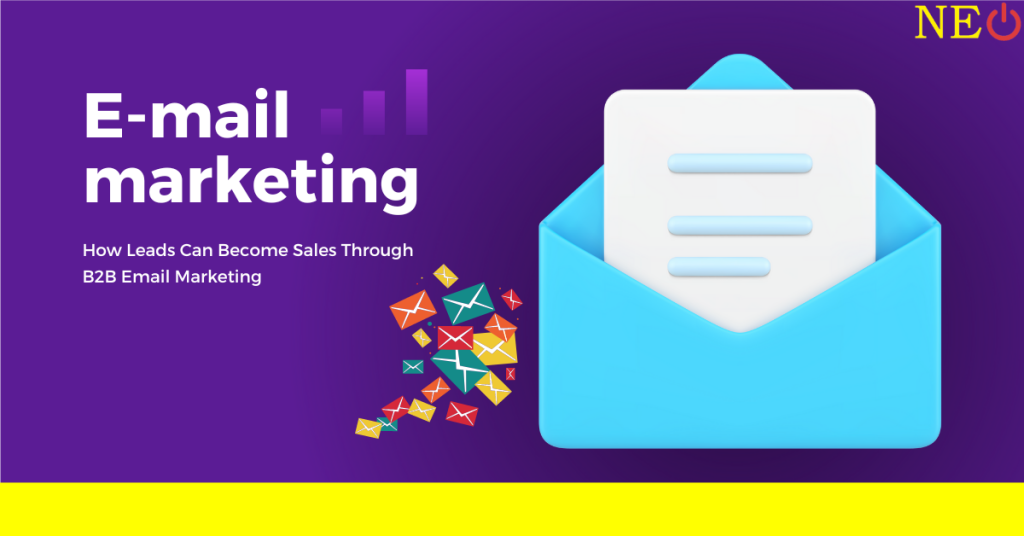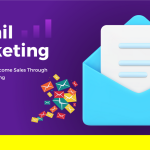In the dynamic landscape of B2B marketing, email continues to reign as a powerful tool for cultivating leads and driving sales. This blog explores the strategic steps and best practices for transforming leads into sales through an effective B2B email marketing campaign.
Understanding B2B Email Marketing
B2B email marketing is more than just sending out messages; it's about building relationships and guiding leads through the sales funnel. Understanding the unique challenges and opportunities in the B2B space is essential for crafting targeted and impactful email campaigns.
Crafting Compelling Email Content
Subject Lines that Intrigue
The journey to conversion begins with a compelling subject line. Crafting attention-grabbing subject lines sparks curiosity and entices recipients to open the email. Personalization and relevance are key components in making your subject lines stand out.
Engaging and Relevant Body Content
Once the email is opened, the content must deliver value. Clearly articulate the benefits of your product or service, addressing the pain points of your B2B audience. Use concise language, compelling visuals, and a clear call-to-action (CTA) to guide leads toward the next step.
Segmentation and Personalization Strategies
Targeted Segmentation
Segmenting your B2B email list based on industry, company size, or engagement history allows for highly targeted communication. Tailor your message to resonate with the specific needs and challenges of each segment, enhancing the relevance of your emails.
Personalization for Impact
Personalization goes beyond addressing the recipient by name. Leverage data to personalize content, recommending solutions based on their previous interactions or suggesting relevant resources. Personalized emails create a sense of connection and increase the likelihood of conversion.
Nurturing Leads with Drip Campaigns
Introduction to Drip Campaigns
Drip campaigns are a strategic sequence of automated emails designed to nurture leads over time. Craft a series that gradually introduces your product, educates on its value proposition, and addresses common concerns. Drip campaigns maintain engagement and guide leads through the sales funnel at their own pace.
Timing and Frequency
Carefully plan the timing and frequency of your drip campaigns. Understand the buying cycle of your B2B audience and align your emails to provide the right information at each stage. Avoid overwhelming leads with too many emails, ensuring a balanced and well-timed approach.
Incorporating Social Proof and Testimonials
Building Credibility
B2B buyers seek assurance that they are making the right decision. Incorporate social proof, such as customer testimonials, case studies, and industry endorsements, into your email content. Demonstrating how your product or service has benefited similar businesses builds credibility and trust.
Analyzing and Optimizing Campaign Performance
Data-Driven Insights
Regularly analyze the performance of your B2B email campaigns. Track open rates, click-through rates, and conversion metrics. Use A/B testing to experiment with different elements and refine your approach based on data-driven insights. Continual optimization ensures your strategy remains effective and aligned with evolving buyer behavior.
In the intricate dance of B2B email marketing, the transition from leads to sales requires a thoughtful strategy. By crafting compelling content, leveraging segmentation and personalization, implementing drip campaigns, and incorporating social proof, businesses can maximize the impact of their email campaigns, nurturing leads into loyal customers.









